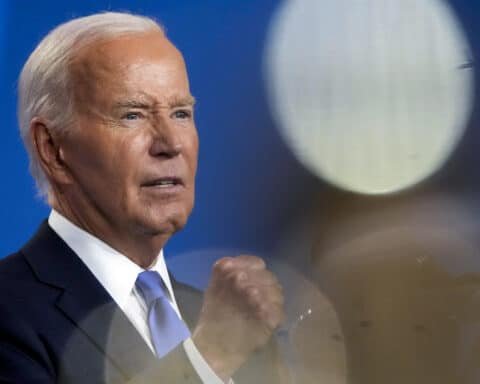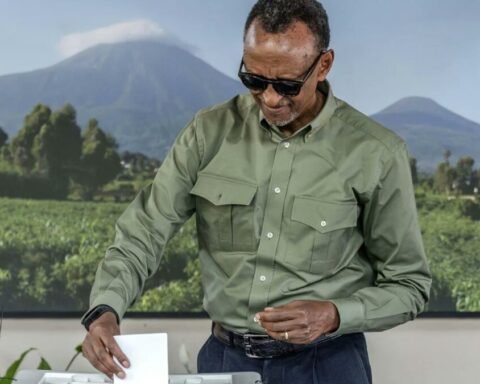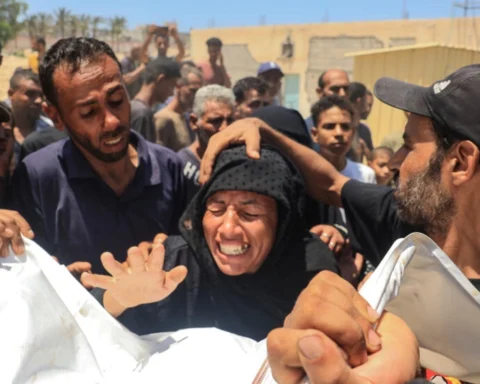In a recent discussion in the House of Lords, the focus shifted to the effectiveness of sanctions imposed on President Emmerson Mnangagwa’s administration in Zimbabwe. The debate, led by Conservative politician Henry Bellingham, revolved around the West’s continued pressure on Harare through sanctions, aiming to address a range of governance issues from human rights abuses to corruption and illicit financial flows.
Despite Zimbabwe’s attempt to turn a new leaf with Mnangagwa’s commitment to a re-engagement agenda post the ousting of Robert Mugabe in 2017, Western governments, particularly the United States, have intensified targeted sanctions against Mnangagwa and his close associates. This move underscores the deteriorating relationship between Washington and Harare, further highlighted by the recent deportation of four USAID officials by Zimbabwean authorities, accused of attempting to destabilize the country.
During the debate, Lord Ahmed, responding on behalf of His Majesty’s government, stated that the current sanctions are limited to four individuals and do not affect Zimbabwe’s economy. He emphasized the UK’s ongoing collaboration with the US and its cautious approach towards any future sanctions, indicating a thorough review of all sanctions, designations, and regimes.
Lord Bellington, however, urged the House not to overlook the dire situation in Zimbabwe, overshadowed by global issues such as the war in Ukraine. Highlighting the government’s crackdown on opposition figures, civil society, and the undermining of the rule of law, Bellington advocated for more stringent and broader smart sanctions targeting the ZANU-PF Cabinet and their affiliates.
Lord Ahmed acknowledged the concerns raised, mentioning the UK’s engagement with Zimbabwe on civil liberties issues and the potential use of the global human rights sanctions regime established in 2019 to target specific individuals responsible for human rights abuses.
The debate also touched on the influence of Chinese and Russian interests in Zimbabwe, especially in mining strategic minerals. Lord St John of Blesto called for an all-party parliamentary conference on Zimbabwe to foster a more inclusive government and address poverty reduction for millions of Zimbabweans.
This discussion in the House of Lords underscores the complexities of international sanctions, the challenges of addressing human rights abuses and corruption, and the delicate balance between punitive measures and their impact on the general populace.








